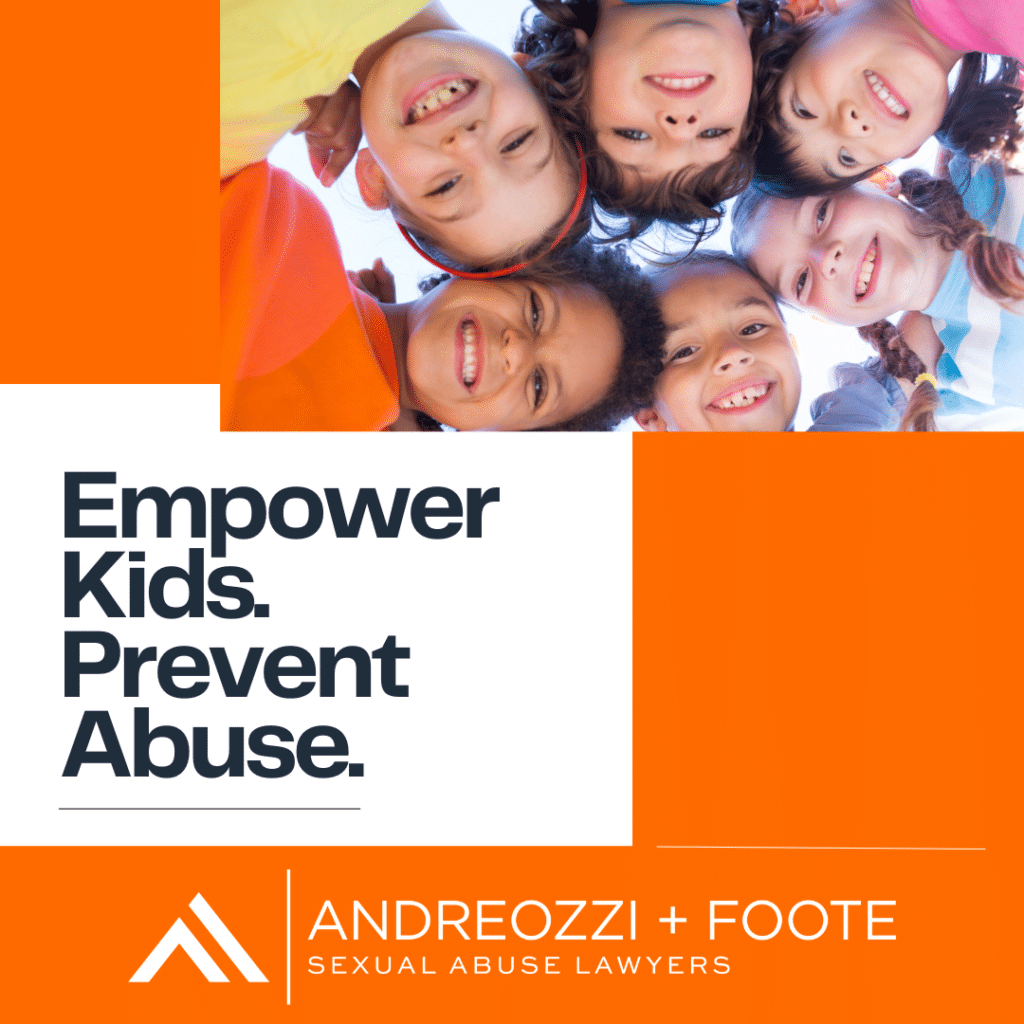Empowering Kids to Recognize, Question, and Report Abuse
In a world where abuse can happen in both familiar and unexpected places, preparing children to understand their boundaries, recognize grooming behaviors, and speak out confidently is one of the most vital protections we can offer. Abuse thrives in silence and secrecy—our job as caregivers, educators, and advocates is to disrupt that silence by educating and empowering our children.
Why Boundary Education Matters
Children who understand their rights over their own bodies are more likely to recognize inappropriate behavior and speak up. Teaching body autonomy from a young age—by encouraging children to say “no” to unwanted touch, even from family members—lays the foundation for boundary-setting skills that can last a lifetime.
Start with these basics:
- Use proper anatomical terms when referring to body parts. This reduces shame and gives children the vocabulary they need to report abuse clearly.
- Teach consent early. Explain that their body belongs to them and they have the right to refuse hugs, kisses, or touch—no matter who it is.
- Validate emotions. Reinforce that feeling “off” about a person or situation is worth paying attention to—and encourage them to talk about those feelings without fear of punishment.
- We Don’t Have Secrets. Teach children very early that we do not keep secrets from one another. If someone ask them to keep a secret, they should tell you.
Grooming: What It Looks Like and How to Talk About It
Grooming is the process by which a perpetrator builds trust with a child (and often with their family) in order to manipulate, exploit, and abuse them. It’s slow, strategic, and insidious. Children need age-appropriate language and examples to understand this concept.
Red flags to teach children about:
- Secrets: Explain that some secrets (like surprise parties) are okay—but secrets about touching, gifts, or time spent alone with an adult are not.
- Flattery or special attention: Teach that while compliments are normal, excessive attention, especially paired with isolation, is a warning sign.
- Gifts and favors: Make children aware that gifts or favors shouldn’t come with pressure, secrets, or strings attached.
- Isolation tactics: Discuss how someone might try to get them alone or make them feel like no one else will understand or believe them.
Building Confidence to Speak Up
The best safeguard isn’t just knowledge—it’s a child who feels safe, supported, and confident enough to speak up. Creating an open, non-judgmental environment is key.
Tools and strategies that help:
- Safe adults list: Help children identify 3–5 trusted adults they can go to if they ever feel scared or confused.
- What-if scenarios: Role-play different situations to build confidence. Example: “What would you do if a coach asked you to stay after practice alone?”
- Empower with phrases: Teach children to say things like:
- “That’s not okay with me.”
- “I don’t like that.”
- “I need to call my parents”
- “I’m going to tell someone.”
- Believe and support: If a child discloses something—even if it seems small—listen carefully, validate their feelings, and act. Children who are believed the first time are more likely to keep speaking up.
Special Characteristics That Help Children Stay Safe
Research and practice show that certain protective factors increase a child’s ability to resist and report abuse:
- Strong communication skills: Children who can articulate their thoughts and feelings tend to report earlier.
- Emotional intelligence: Recognizing emotions in themselves and others can help children spot manipulative behaviors.
- Supportive relationships: Children with strong, positive bonds to caregivers and teachers are more likely to confide in them.
- Digital literacy: In today’s online world, teaching children how to recognize digital grooming, privacy violations, and inappropriate content is critical.
Final Thoughts
Abuse prevention isn’t a one-time conversation. It’s an ongoing dialogue, built on trust, honesty, and empowerment. When we give children the tools to understand their boundaries and the courage to question what doesn’t feel right, we equip them not just to resist abuse—but to reclaim their power.
Let’s replace fear with knowledge. Let’s raise voices instead of keeping secrets. And let’s ensure that every child knows: You are allowed to say no. You are allowed to ask questions. You deserve to be safe.
In addition, if and when abuse does happen, it is very important to empower the child to know that just because they knew all of this information does not mean they should have or could have stopped it. Sometimes we can be prepared for anything and still bad things happen. You do not want shame to keep a child from speaking up.
Resources for Parents and Caregivers:
- RAINN’s Parents Guide to Preventing Child Sexual Abuse
- Committee for Children: Child Abuse Prevention Resources
- Books like “My Body! What I Say Goes!” by Jayneen Sanders and “No Means No!” by the same author.
- Parent and Survivor Guide
If your child has experienced abuse or if you suspect grooming is happening, legal options may be available. At Andreozzi + Foote, our trauma-informed legal team is here to help survivors and their families seek justice. We believe in listening, supporting, and standing up for those who have been harmed.



